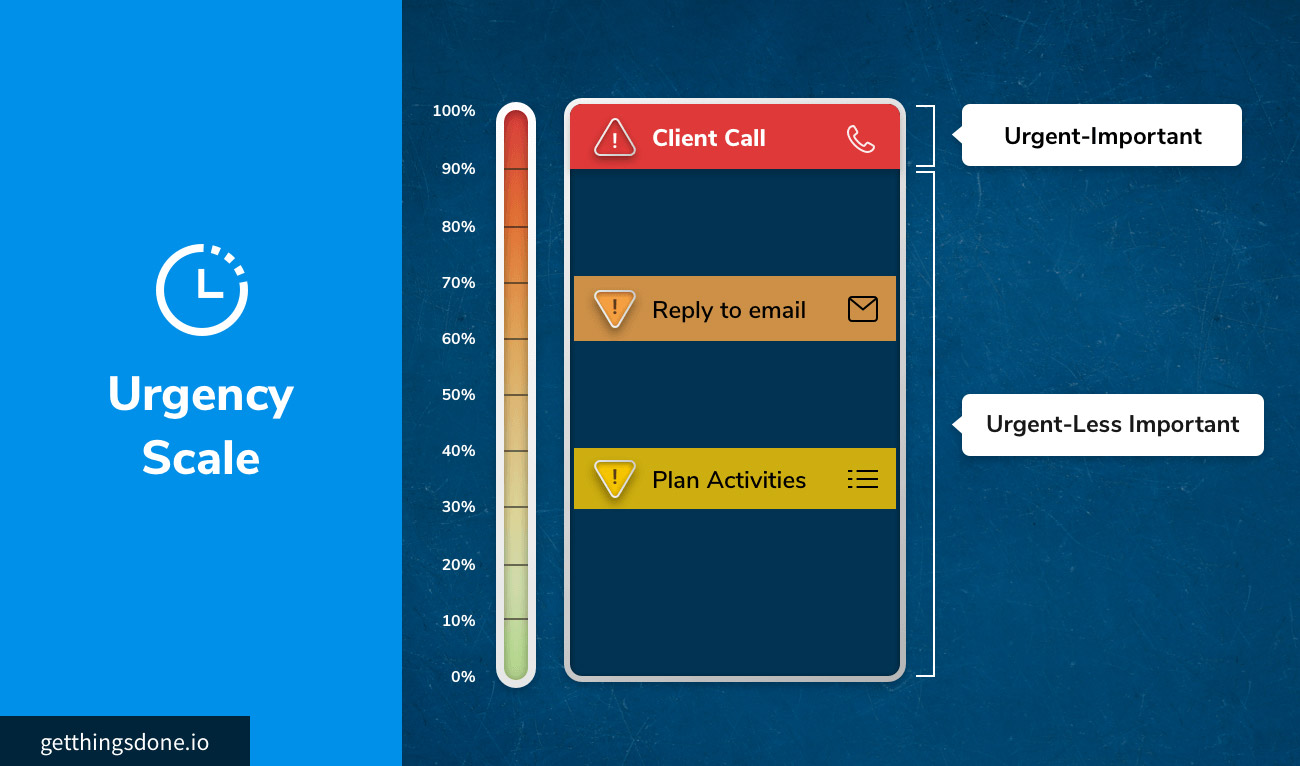Learning the Hard Stop
Have you ever been in a situation where you have lots of to-dos in your plate, and you still keep on adding things as your inner voice whispers DO MORE, or THIS HAS TO BE DONE? If you have ever come across such a situation, spare 5 minutes and get a solution for such situations.
The story of street vendor
I got a call from my Dad who lives in India, and after widespread talks, he narrated a recent incident. On his way to the office, on a signal, he noticed a family roadside holding bunch of calendars to sell. Vehicles were patiently waiting for a signal to go green, and the family scattered around to sell those calendars. India, being multilingual, Dad was riddled with a language calendar and started staring at the bunch that one of them was holding.
Surprisingly, the boy aged 16-18 years crossed Dad’s vehicle and went to the person beside him. Within those 90 seconds through the signal, the lad sold two calendars. I was thrilled by hearing the same and in such a short note that he was able to sell those two quantities. Delighted, he even asked my Dad, but already had one, was not keen on buying another.
What instigated him to sell?
After hanging the call, I started for my office thinking about the sale of two quantities that happened just in 90 seconds. Possibly the person would have called him. But according to my Dad, no one called him. He only glanced at all of them and boom; there was a sale made. He must be a pro in face reading.
Thinking for a while, I related it with my current scenario. I was off to the office and was thinking of my priority tasks for today. That is a break in the ice. The roadside salesperson also felt in the same way. The difference is he has 90 seconds in his hand to complete a task, and I have 8 hours in a day to complete my work at the office. So how to go about prioritizing your work?
Mantras to prioritize your work
Let’s take the above scenario of the salesperson and map it with our ways to prioritize. Here are a few essential steps to follow for utilizing allocated hours of work.
1. Choose the task of importance
The salesperson on the road doesn’t have time to think. He has to make the sale; otherwise, he loses the opportunity.
But people with 8 hours in hand tend to think about What and How to do the tasks.
I recommend you to use the methodology of “Anything less than 90% is zero”.
a. Rate the task from 0 to 100% where 0 is the least important, while 100 is most important.
b. Anything that falls below 90% is urgent-less important, and anything rated more than 90% is urgent-important.
c. Don’t focus on tasks rated below 90% till it becomes urgent-important.
2. Using to-do lists
The salesperson has one thing to do that is to SELL, and that is his 90% always. But what is the to-do here? His only to-do is to sell before the signal turns green to as many people as possible. So he keeps the calendar and change-ready and goes for the kill.
Most of the time, knowledge workers try to remember what to do or collate notes written in the notebook, emails, chats, etc.
I recommend you to write down all the to-dos using a software tool. This way, you can always go back and add/delete/update. More importantly, when you strike the to-dos when completed, that brings tremendous satisfaction of accomplishing the tasks.
When you are working with a team of people, once the goal within your team is clear, the to-do list needs to be mapped. Get Things Done has created a checklist, and under the checklist, you can create as many to-dos as you want. The beauty the to-dos are numbered automatically, you can organize it by moving up and down, you can add a person to each to-dos, and a notification goes to the person who’s name is added. This way, the person will not miss looking at the to-dos.
3. Work on ONE task at a time
The salesperson has only one product to sell. What if the salesman had two or three products to sell? I have seen this many times when they have more than one product to sell. They struggle because options create confusion in the buyer’s mind.
The research says that multitasking reduces IQ by 15 Points, where the average IQ of the person is around 60 to 110 Points. So, it does support the theory of working on one task at a time.
Human beings are single taskers; while multitasking, we not only lose focus, but the tasks are incomplete, and we have to go back and fix things. Multitasking creates a residue effect where your brain recognizes that the tasks were not completed in full, and you have to go back and complete it. Imagine the accumulation residue of 10 multitasked activities; this not only creates confusion but build up stress.
The Ellen show
I remember the monologue of The Ellen Show and the way she explains multitasking. I loved it.
I would love to hear the problems you are facing with prioritization and solutions you have implemented to overcome.
“The key is not to prioritize what’s on your schedule but to schedule your priorities.” – Stephen Covey







